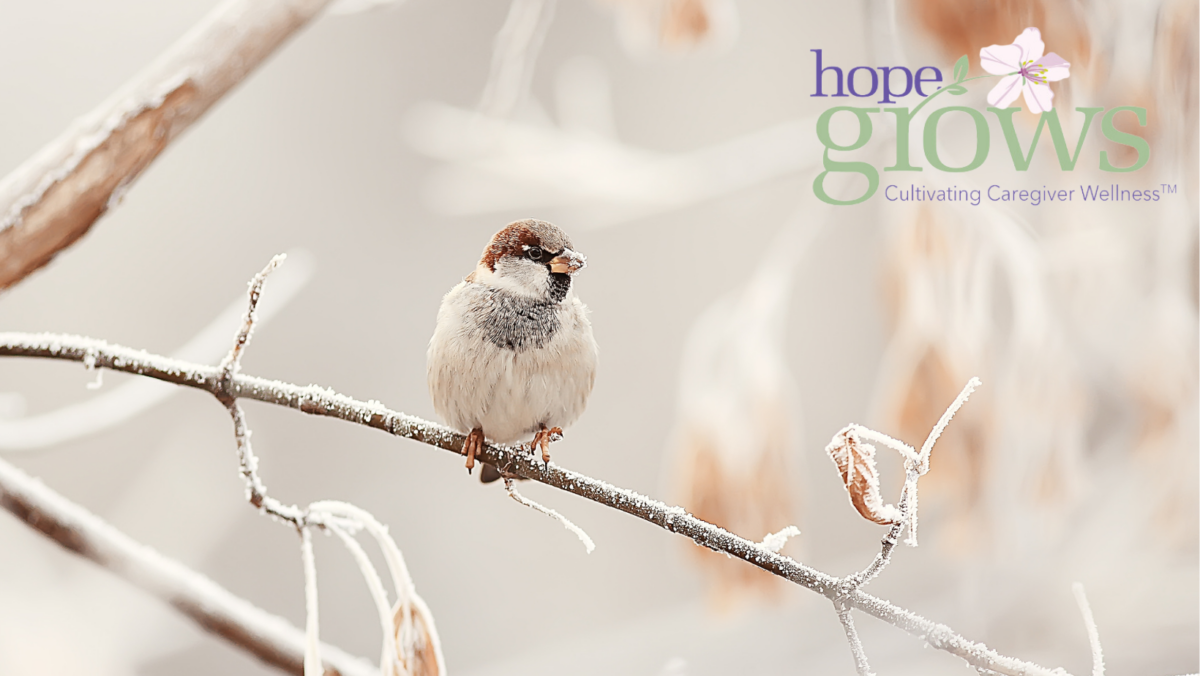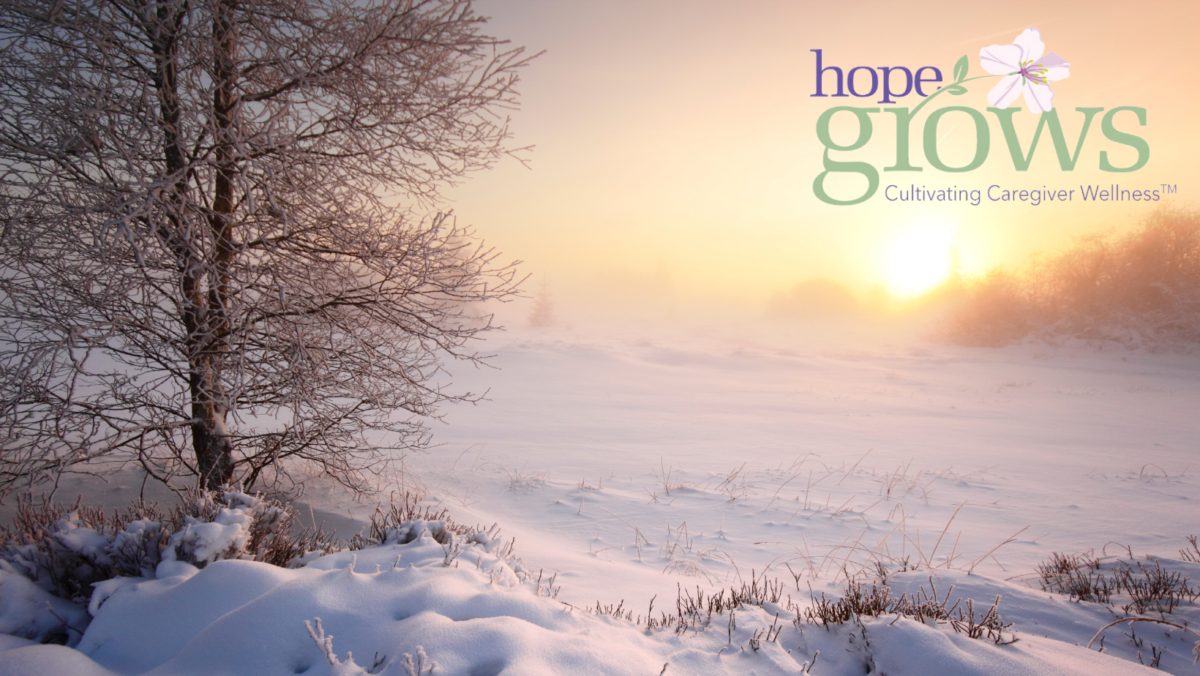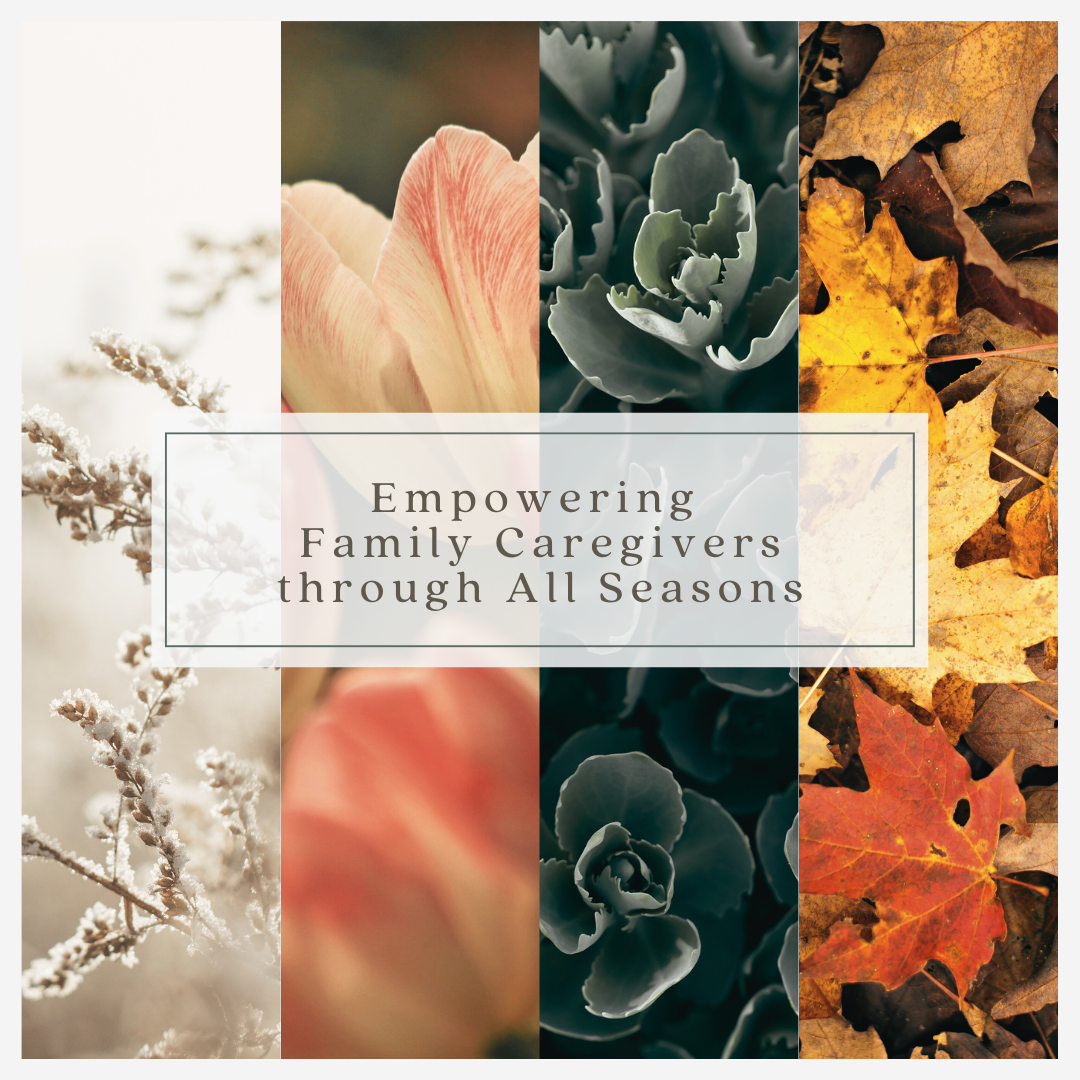Selflessness
Listening to the news, no matter what channel, often portrays the opposite of selflessness. With crime and war being reported around the clock, political slandering of one candidate or another, and the dramatization of weather and other topics, our minds easily shift to negative. Research tells us that the effects of negativity result in cynicism, hostility, and a repetitive loop of only focusing on the bad. Whether we believe it or not, our immune systems are impacted and physical and mental symptoms arise, such as headaches, stomach aches, anxiety, and depression. Discontent of spirit becomes the cornerstone with which we move forward.
Ugh! Who wants all of that? I sure don’t. I have often said that if the news only reported on the generosity, compassion, and concern for others for one straight month, how much better, collectively, everyone would be? I know, I know…a pipe dream regarding the news, but one can only hope. After all, to love or to care for someone is a selfless act, right? For most of the time, when I look around, I see moments of people demonstrating generosity, compassion, and concern for others. However, on the flip side of this, I also see moments of selfishness.
When I get down and out, I think of stories about people paying it forward, people giving to others just because. I turn to stories such as “what goes around comes around.” The act of giving of self just because and then the receiver of the generosity pays it forward in the way they can, and so on and so on…reading about it is, well, just uplifting.
The month of February is traditionally about love with hearts and cupids; the act of generosity becomes the forefront of our existence, at least, and with hope, for most of us! The dictionary definition of selflessness informs us that the act involves putting the needs, interests, and/or well-being of others before our own, without expecting personal gain or recognition.
The focus of selflessness can be difficult when you are in chronic pain, burnout, or experiencing stress and trauma. A few suggestions to help begins with acknowledging your struggles and being gentle with yourself. A few more tips include:
- Prioritize self-care.
- Reach out to friends, family, or a support network, such as Hope Grows. Sharing your feelings can be helpful.
- Seek professional support and counseling for guidance, coping strategies, and support tailored to your situation.
- Learn to set boundaries to protect your physical and emotional well-being.
- Turn off the television and other technology.
Dr. Irvine Yalom, an American existential psychiatrist and someone who believed that support groups possessed certain dynamics, is one of my favorite theorists and educators in the field of psychology. He believed that increased healing occurs when the facilitator or counselor fosters a cohesiveness and supportive environment. One thing he is known for is his eleven therapeutic factors for achieving change in a person within a group setting. One of those therapeutic factors that I believe is at the forefront of our month’s focus is altruism.
Altruism is self-sacrifice and selflessness. Once someone becomes a member of a collective group, he/she experiences a sense of worth by helping someone else. Value, purpose, and meaning become the giving force for that person and the result is a sense of pride and confidence.
At Hope Grows, we recommend giving of self through volunteer efforts, especially when grieving. When mourning a loss, emptiness and loneliness becomes prominent and through the act of giving and becoming a member of a collective group helps with a sense of value and purpose; meaning of life begins to return.
So, what do you do when selfless actions turn sour? What gets in the way of truly living a life that is altruistic? Start with evaluating obstacles and challenges that are getting in the way of truly living a life that is selfless. Some of these hindrances are:
- Ego and a sense of pride can hinder altruïsm. When individuals are driven by a need for recognition or validation, it may undermine the purity of selfless actions.
- Fear of giving too much of themselves will deplete their own resources.
- Lack of boundaries makes it difficult to sustain selfless acts over time.
- If the selfless act is conditional and only offered when certain expectations are met or reciprocated.
- Unconscious bias or prejudices can influence how individuals choose to extend selfless acts.
- Lack of empathy can hinder one’s ability to connect and respond to others’ experiences.
- Societal norms and cultural expectations can emphasize individual success and achievement over collective well-being.
Overcoming these obstacles and challenges often involves self-reflection, personal growth, and a commitment to foster a mindset of compassion and generosity. Out of the list above, I believe that the lack of empathy and compassion plays a crucial role, as well as understanding others viewpoints.
One last thought for you. Growing up, my parents had The Golden Rule on the wall in the family room. The principle of treating others as you would want to be treated was something I not only read daily, but watched my parents made an effort to accomplish. Another piece of advice we often heard was, “Don’t judge someone unless you have walked a mile in their footsteps”.
All in all, remember that it is not selfish to take care of yourself; it is a necessary component to living out an altruistic life. However, finding the right balance is essential for your well-being and for keeping the necessary boundaries so that burnout and apathy doesn’t become your ammo.
Happy February! Look into nature for the beauty it gives selflessly; it is there despite the dormancy.
Written by Lisa Story, MSCP, LPC, CT
Hope Grows Founder & Clinical Director



